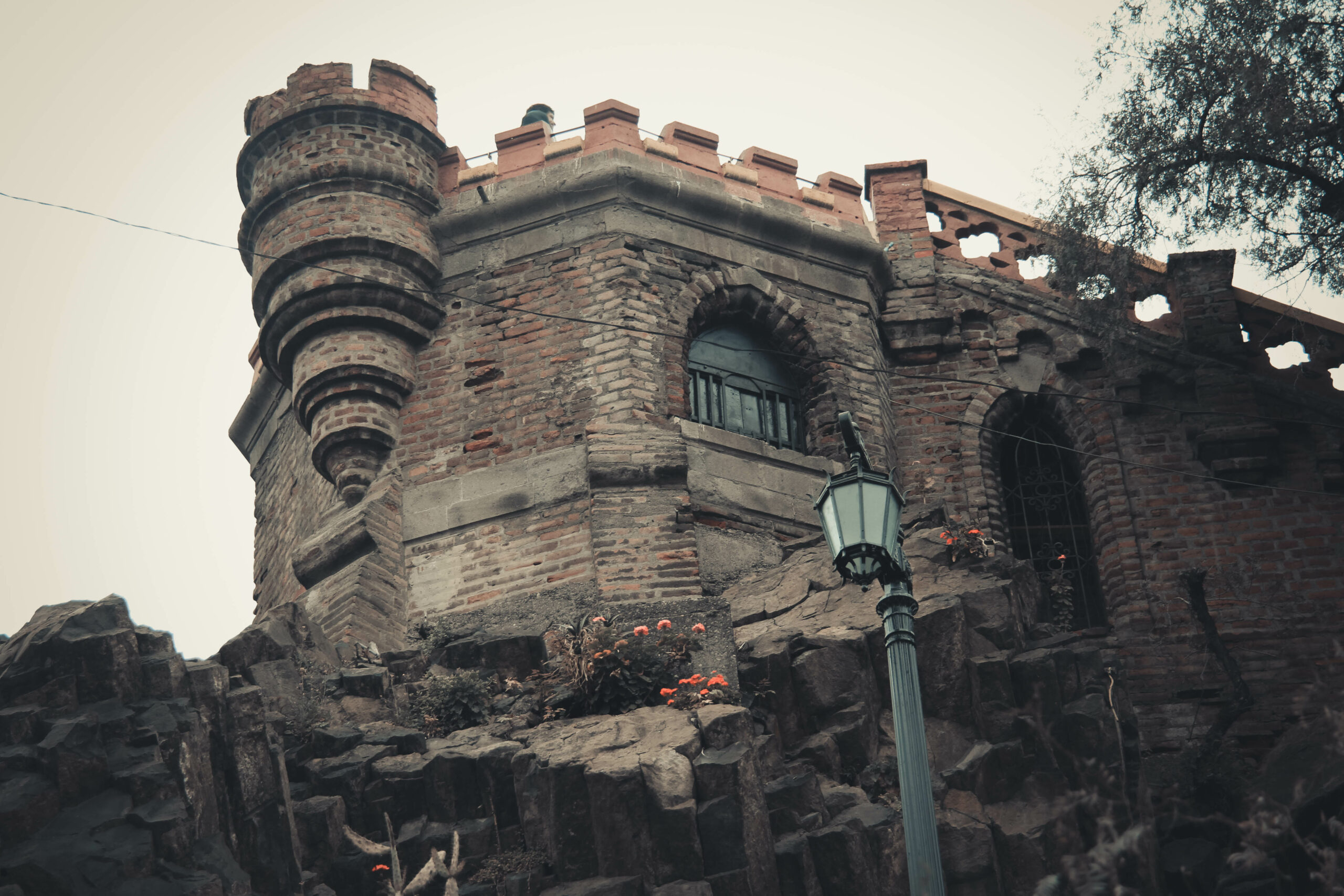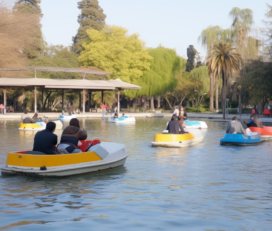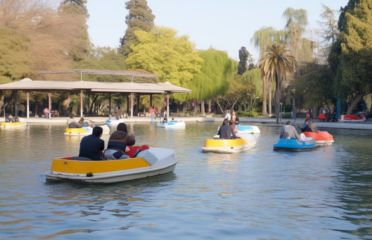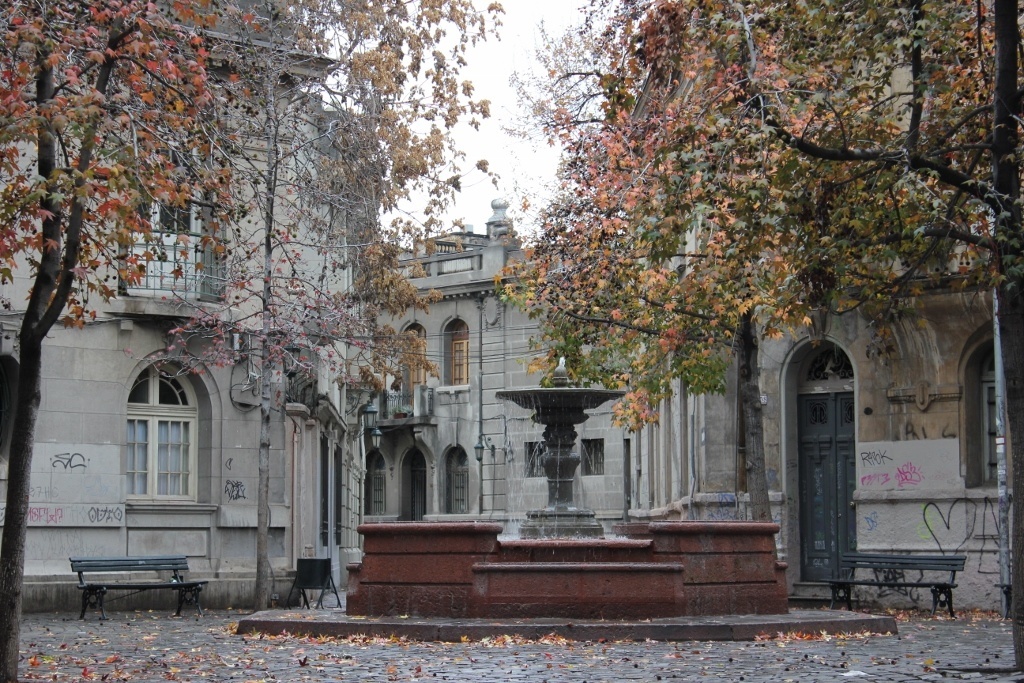Introduction
The Museo de la Memoria y los Derechos Humanos, located in Santiago, Chile, offers a profound and reflective experience that explores the nation’s challenging history. This museum stands as a significant tribute to the victims of human rights abuses during the military regime of Augusto Pinochet. Visitors can anticipate an engaging journey that honors those affected while encouraging dialogue about democracy and human rights.
History
Opened on January 11, 2010, by former President Michelle Bachelet, the museum was established as part of Chile’s Bicentennial celebrations. Its construction began in 2008 and concluded in 2009, resulting in a contemporary three-story building situated at Matucana 501, Santiago Centro, designed by the Brazilian firm Estudio América.
How to Get There
The museum is conveniently reachable via public transport, with the nearest metro station being Quinta Normal. Visitors can also opt for taxis or ride-sharing services from various locations within Santiago.
Things to See
- Exhibition on Repression and Torture: This area features a large black cubicle divided into smaller sections, illustrating the torture methods employed during the dictatorship, including a reja from the former Cárcel Pública de Santiago and a poem by Pablo Neruda.
- Testimonies and Documents: The museum boasts an extensive collection of oral and written testimonies, legal documents, letters, and literary works that chronologically depict the 17 years of military rule.
- Temporary Exhibitions: Regularly hosted temporary exhibitions, workshops, conferences, theater, and cinema presentations focus on various aspects of Chile’s history and human rights.
- Documentation Center: This center provides access to digitized documents through its Digital Library, serving as a valuable resource for researchers and students.
- State Secrets Exhibition: This exhibit explores the connections between the United States and the Chilean military dictatorship, showcasing documents and memoranda from the Archive of National Security and the US State Department.
Ticket Information
Admission to the museum is free, although guided tours may incur a nominal fee. It is advisable to visit the official website for the latest updates on ticket prices and availability.
Tips for Visiting
- Plan Your Visit: The museum operates from 10:00 AM to 6:00 PM, seven days a week. Planning your visit during these hours can help avoid large crowds.
- Respectful Behavior: As a site of remembrance, visitors are encouraged to maintain a respectful demeanor, particularly in areas dedicated to testimonies and exhibits.
- Interactive Elements: The museum features interactive components, including videos and audio recordings that provide deeper insights into the victims’ experiences.
- Educational Programs: The museum offers educational initiatives for schools and groups, aimed at fostering a culture of human rights and democracy.
- Accessibility: The museum is fully wheelchair accessible, ensuring inclusivity for all visitors.
Conclusion
The Museo de la Memoria y los Derechos Humanos is an essential destination for those interested in history, human rights, and cultural heritage. It serves as a powerful reminder of the necessity of upholding human dignity and advocates for a culture of tolerance and democracy.











